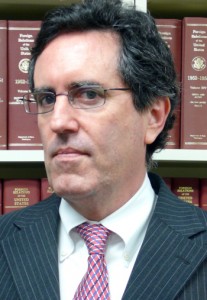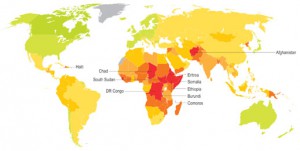![]() A building system that can shrink the size of hospitals and schools
A building system that can shrink the size of hospitals and schools
Holedeck, created by Spanish architects Alarcon + Asociados, offers an alternative. The system allows for all of the unsightly but vital elements of a busy building, from pipes to cables to ventilation ducts, to be incorporated within the floor structure itself. This means that space can be saved: according to the designers’ product website for Holedeck, between a foot to 20 inches can be saved per floor. That’s significant in terms of big buildings. Design site Dezeen analyzed that such calculations could mean that a structure that would normally require six stories could fit within the volume of a five story building if Holedeck were used.
Read full article with photo and video.
Vancouver mayor: Cities are ‘most entrepreneurial level of government’
Robertson described that Vancouver, the third-largest metropolitan area in Canada, is constrained by land between the North Shore Mountains, the Pacific Ocean and the U.S.-Canadian border. Thus, as the city grows exponentially, that requires some creative thinking about how to sustain that growth without wasting and running out of resources.







